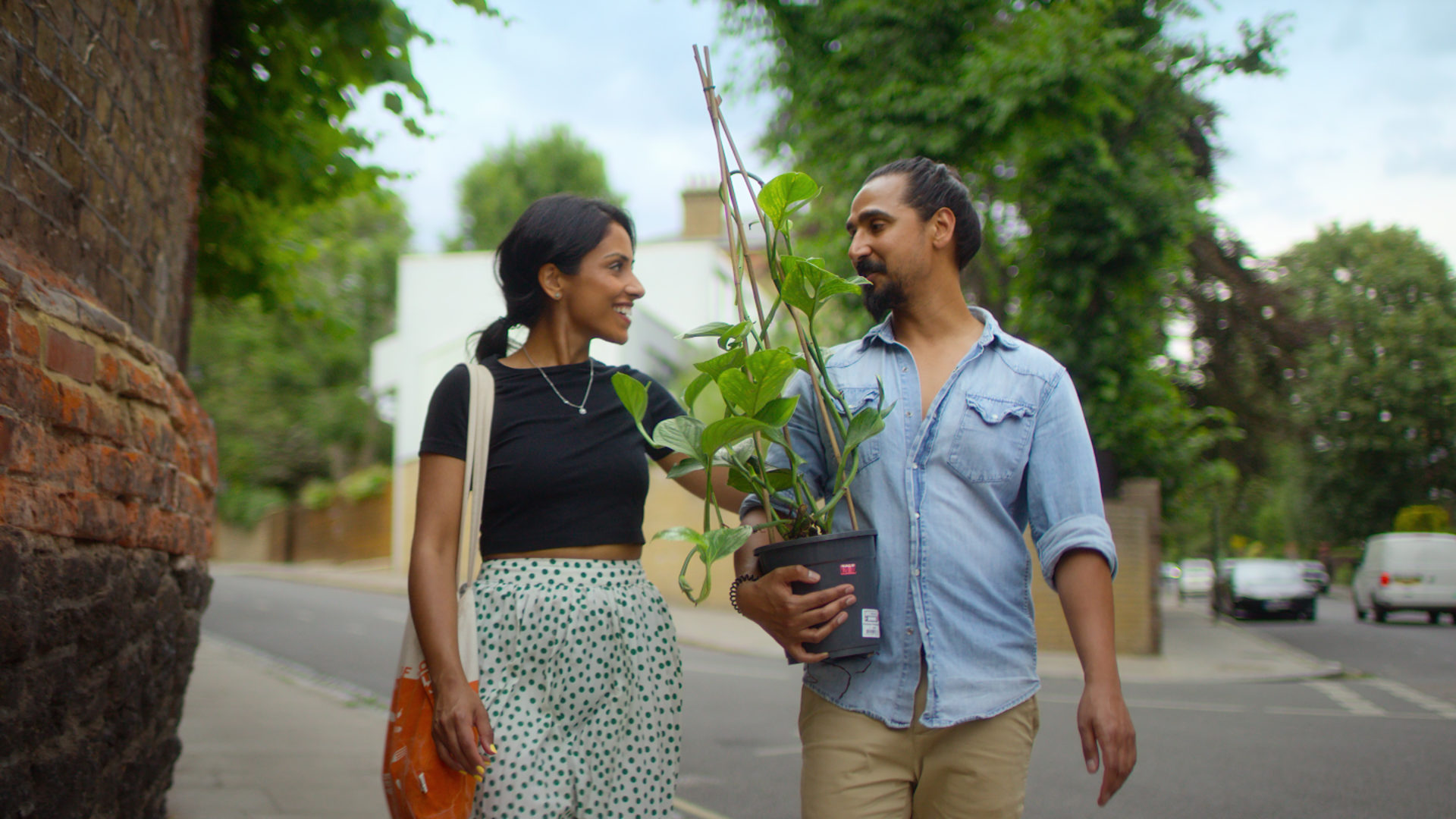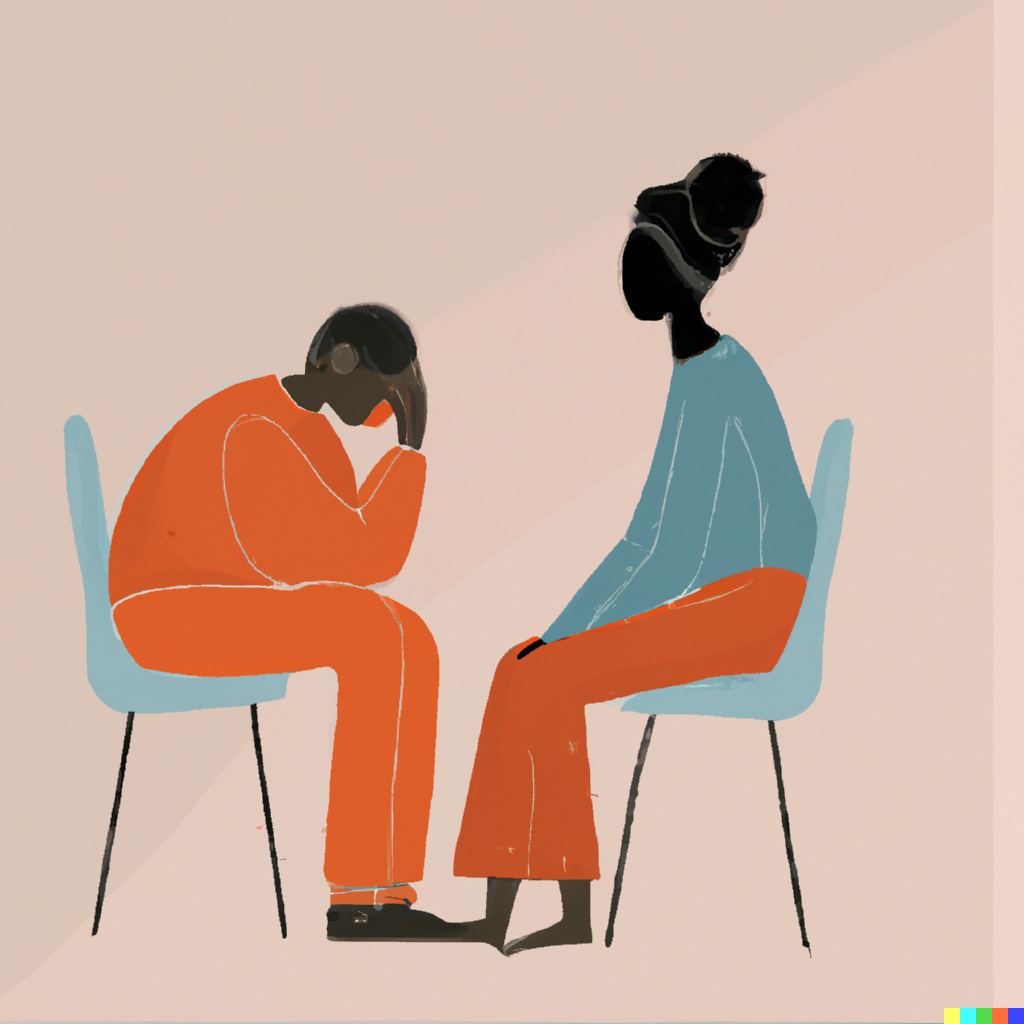In a world where love is often associated with traditional norms and expectations, non-traditional relationship models have gained prominence, challenging preconceived notions of what love and commitment can look like. In this exploration, inspired by the unique style of Nomadic Matt, we embark on a journey to understand and appreciate non-traditional relationships, shedding light on the diverse ways people choose to connect and find fulfillment in love.
Redefining Love and Commitment
Traditional relationships often come with well-defined labels: monogamy, marriage, and a linear path towards a shared future. However, non-traditional relationship models are redefining love and commitment. These models encourage individuals to explore relationships outside the confines of societal norms, allowing for flexibility and personalization.
Polyamory: Love Without Bounds
Polyamory, a term derived from Greek meaning “many loves,” challenges the notion that love is a finite resource. In polyamorous relationships, individuals can form emotional and romantic connections with multiple partners simultaneously, with full consent and transparency. This model emphasizes open communication, trust, and emotional growth.
Open Relationships: Honesty as the Cornerstone
Open relationships acknowledge that one partner may not fulfill every aspect of an individual’s emotional or physical needs. In these arrangements, couples may explore connections outside their primary partnership while maintaining honesty and trust. Open relationships require clear boundaries and communication to thrive.
Solo Poly: Prioritizing Individual Autonomy
Solo polyamory celebrates the autonomy of individuals within relationships. It prioritizes personal growth and independence, even within romantic connections. Individuals in solo poly arrangements maintain their own homes, finances, and decision-making, fostering a sense of self-empowerment.
Relationship Anarchy: Love Beyond Hierarchy
Relationship anarchy is about breaking free from societal hierarchies that rank relationships based on importance. In this model, each connection is valued for its unique qualities, rather than conforming to predefined roles. Relationship anarchists embrace the fluidity and unpredictability of love.
Asexuality: Celebrating Love Without Sexual Attraction
Asexuality is a valid orientation that challenges the societal assumption that romantic love must include sexual attraction. Asexual individuals experience deep emotional connections and love without a desire for sexual intimacy. Their relationships prioritize emotional bonds and companionship.
Navigating Non-Traditional Relationships
Non-traditional relationship models require open and honest communication, trust, and respect among all involved parties. Partners must navigate challenges such as jealousy, societal judgment, and the need for constant communication to ensure the well-being of everyone involved.
Benefits of Non-Traditional Relationships
Non-traditional relationship models offer numerous advantages. They encourage personal growth, self-discovery, and the freedom to build connections that align with individual desires and values. These models challenge the conventional narrative that one-size-fits-all when it comes to love.
Conclusion: Love Unbound
Non-traditional relationship models are not about rejecting traditional love but expanding our understanding of what love can be. They remind us that love is a deeply personal and individual experience, and there’s no one-size-fits-all approach. In a world that is evolving, it’s essential to acknowledge and respect the diversity of love and commitment styles that enrich our lives.
Embracing non-traditional relationships invites us to explore the boundless possibilities of love, challenging labels and hierarchies to create connections that resonate with our authentic selves. Whether polyamorous, open, solo poly, or relationship anarchist, these models encourage us to celebrate love in all its forms and to appreciate the uniqueness of every relationship we encounter on our journey of self-discovery and connection.




